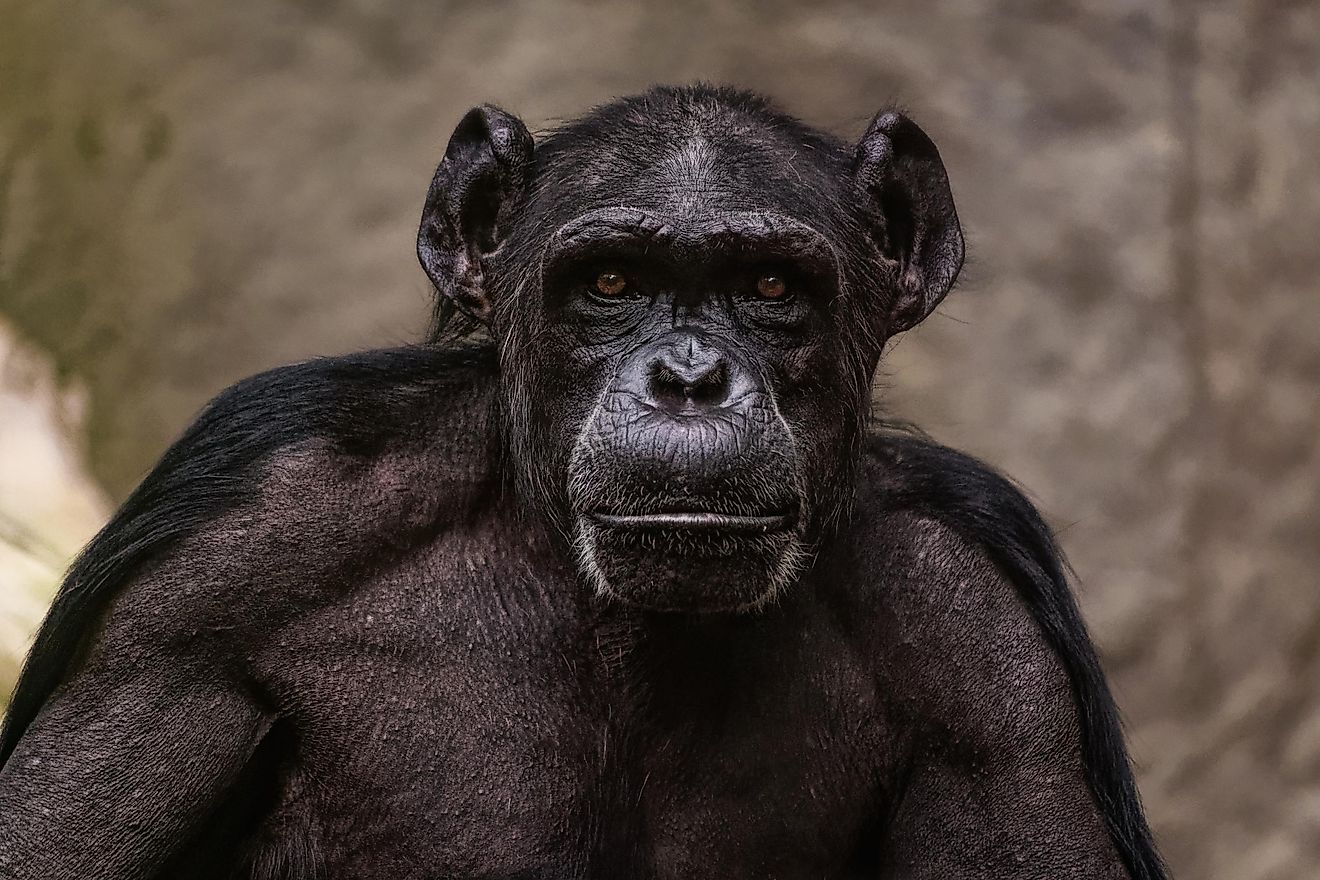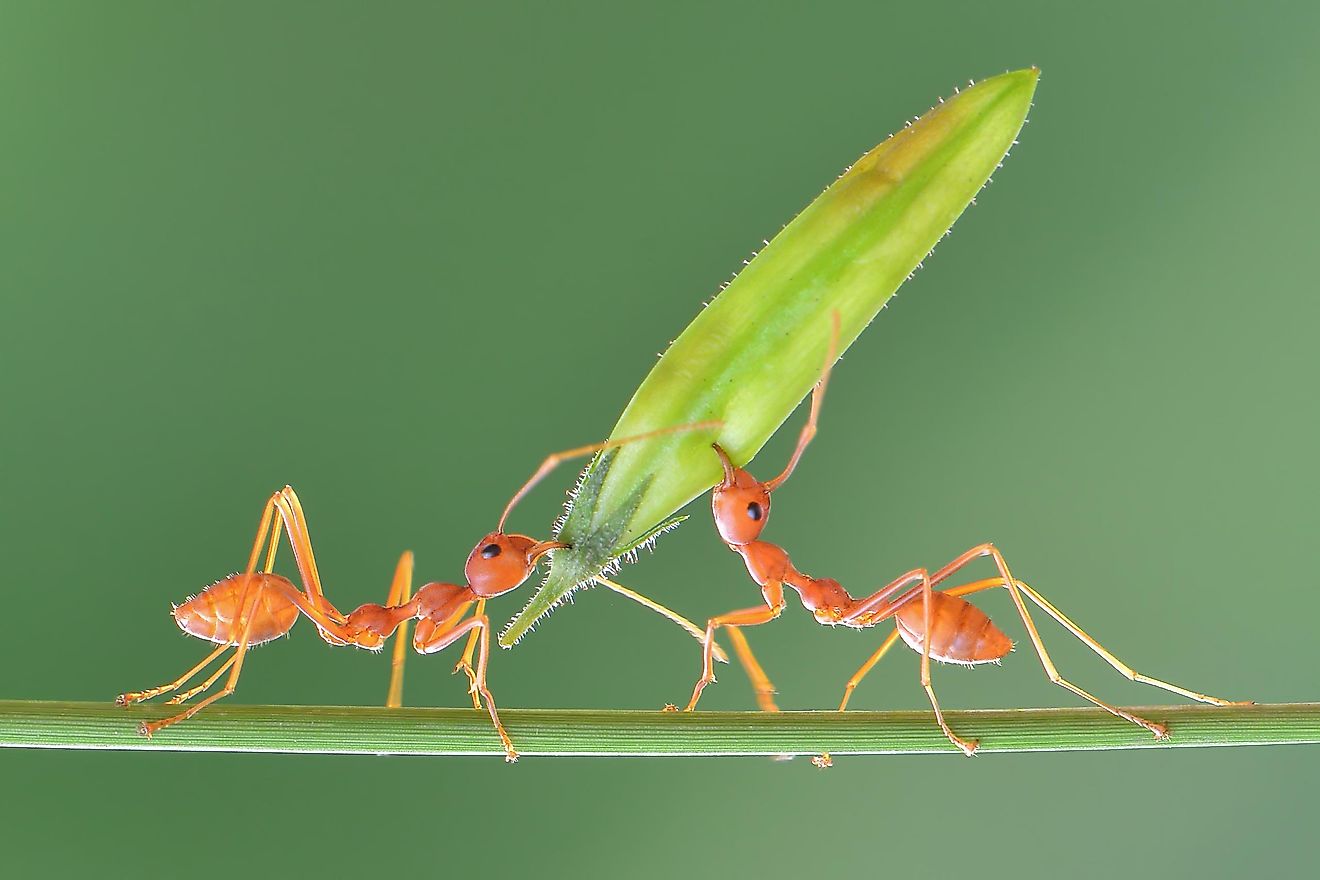What is Social Darwinism?

Social Darwinism states that human groups, races, and societies are subject to natural selection in the same manner plants and animals are. Social Darwinism was popular in the late 19th and early 20th centuries and its central ideology was that those perceived to be weak in the human societies were diminished and their culture delimited, but the strong developed and grew stronger at the expense of the vulnerable.
Origin of Social Darwinism
According to Charles Darwin's Theory of Natural Selection, organisms who adapted to the environment better had better chances of eliminating their competitors. The term "Social Darwinism" was first used by Joseph Fisher in his 1887 article "The History of Landholding in Ireland." Scholars who advocated for Social Darwinism were referred to as Social Darwinists, among them Walter Bagehot and Herbert Spencer of England, and American William Graham. The scholars believed that natural selection was acting on the variations in the general population and in the long run only those with the best survival characters would improve and dominate the population.
Role of Social Darwinism
The Social Darwinists use the theory to support the ideologies of political conservatism and capitalism, and laissez-faire. Class stratification was considered a natural inequality among the individuals in the society for control of property, power, and frugality. Attempts to intervene by equality laws, or by the arms of the state was viewed as an interference with natural processes. Biological selection was also considered a natural selection process where the dominant gender would rule over the minor gender. The poor and the disabled were considered the unfit and not receive any form of help from other members in a society where wealth was viewed as a sign of success and power. It was used by imperialist, colonialist, and racists to justify their punitive actions against other members of the society. In the mid-20th century Social Darwinism when further advancements and research in knowledge and undermined the theory rather than support it.
Social Darwinism Versus Social evolution
Social evolution is a branch of social biology that is concerned with the evolution of behaviors and characters. The philosophers who preceded Darwin, including Hegel, emphasized that societies progressed through several stages of development. They referred to the development as social evolution. However, Social Darwinism is distinct from social evolution because of the way it draws the distinctive ideas from Darwin's ideology of "survival for the fittest" into social studies. Darwin, unlike the Social Darwinists, believed that a scramble for resources allowed those with better physical and mental traits to adapt and succeed more frequently than those without. In the long run, those qualities would accumulate in the population and under certain conditions the descendants would have different characteristics. Darwin did not incorporate his ideas into a social or economic perspective, although Social Darwinism draws the concept from his theory. Social Darwinism was criticized for advocating for a divided society which believed in the dominance of the rich over the poor and for failing to advocate for equality of all races.











